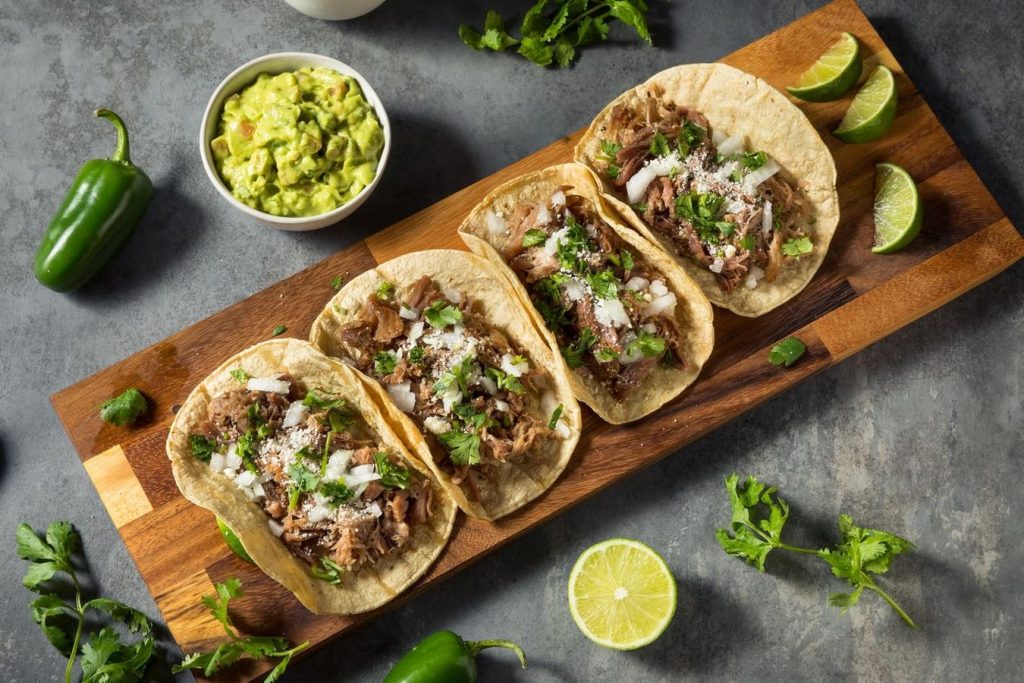The age-old question of what constitutes a sandwich recently made headlines in Indiana, as a judge ruled that tacos and burritos are indeed sandwiches. The ruling came as part of a zoning dispute between a local business owner, Martin Quintana, and the city of Fort Wayne. Quintana had agreed not to allow a fast-food restaurant to lease a storefront in his strip mall but wanted to permit a taco shop, leading to objections from nearby residents.
After a year and a half of legal battles, Judge Craig Boboy sided with Quintana, stating that tacos and burritos fall under the definition of sandwiches. This ruling could potentially pave the way for The Famous Taco to open a second location in the strip mall. The complexity of zoning codes and the costs associated with legal disputes highlight the challenges that business owners face when trying to open a new business or expand their operations.
In another zoning-related dispute, Lij Shaw, a music studio owner in Nashville, Tennessee, faced restrictions on hosting clients at his home-based studio due to the city’s zoning code. Despite efforts to challenge the code through legal means, Shaw continues to fight for the right to operate his business without unnecessary limitations. The Institute for Justice has launched a Zoning Justice Project to address the various ways zoning regulations hinder individuals from using their property for economic or community benefit.
The case of Quintana and Shaw exemplifies the obstacles that property owners face when attempting to start or expand businesses or address public issues through the use of their property. Zoning regulations, while intended to prevent undesirable businesses from operating near homes, often result in unnecessary restrictions that impede economic growth and innovation. The lengthy legal battles and financial burdens associated with challenging zoning codes can deter individuals from pursuing entrepreneurial endeavors.
The right to use private property for business or community-related purposes should not be hindered by outdated or overly restrictive zoning regulations. Property owners should have the freedom to think creatively and outside the confines set by city planners. The Zoning Justice Project aims to address the barriers imposed by zoning codes and empower individuals to utilize their property for the betterment of themselves and their communities without unnecessary legal hurdles. The ability to open a taco shop or operate a home studio should not require years of litigation and financial strain, highlighting the need for reform in zoning regulations to support economic growth and innovation.


